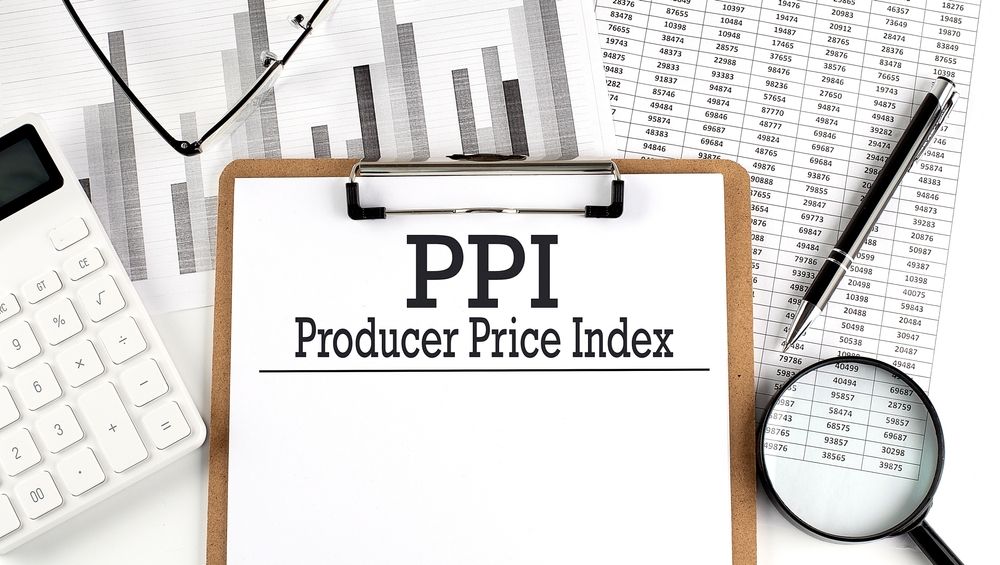German Firms Expect Slightly Slower Growth

While German companies still view the current business environment as favorable, they expect a slower growth rate for 2019 than in 2018, according to the yearly survey published by the German-Hungarian Chamber of Industry and Commerce (DUIHK).
This year marked the 25th anniversary of the report compiled by the chamber. DUIHK president Dale A. Martin noted: “Apart from gathering information for ourselves, we provide firms our insight as well, and give politics a feedback about how foreign countries, especially Germany view the domestic situation.”
According to Dirk Wölfer, the author and project leader of the business climate report, such surveys are now conducted in no fewer than 15 countries across Europe by German chambers.
Martin said that since 2018 was the best year for the Hungarian economy since the fall of communism, the fact that most firms consider the outlook for 2019 slightly worse was to be expected. He singled out that the change is due to “... many uncertainty factors in the world economy that project rather more difficult economic circumstances.”
Still, there is no need to panic; “It’s good news that, despite the less sunny economic prospects, more companies are planning to increase headcount and the level of investment than decreasing the number of employees or investment.”
Indeed, according to the survey itself, about 35% of firms are planning to bring more people in, compared to 11% looking to decrease headcount. The tendencies for investment volume are clear as well, with 39% planning an increase, while only 17% are considering decreases.
Yet, there is a marked change in the DUIHK investor’s mood index, with a pronounced fall, albeit to a still respectable +15 points, from last year’s +28 on a scale that runs from -50 to +50. According to the chamber, this predicts GDP growth of 3% for 2019, somewhat below the government’s expectations.
Labor Worries
Wölfer pointed out another negative if unsurprising factor: “Some 70% of firms are unhappy with the labor market.” The situation is not unique to Hungary, however, as Czech Republic, Romania, and Slovakia are in the same position, the survey’s author added. Similarly, 70% are unhappy with corruption in the country, and 64% are dissatisfied with the transparency of state tenders. According to Transparency International’s Corruption Perception Index, Hungary ranks 64th in the globe, behind regional peers like Poland (36th), Czech Republic (38th), Slovakia (57th), Croatia (60th), and even Romania (61st), but ahead of Bulgaria (77th).
On a more positive note, Wölfer added that the enthusiasm among those companies that already invested in the country remains unbroken, with 82% saying they would do so again.
The report also revealed that Hungary is the second most attractive investment destination in the region, behind only Slovakia. On a list of 20 countries, incorporating states ranging from Estonia to Albania, Hungary is in ninth place, just in front of Romania.
The 2019 survey also included for the first time an assessment of how Brexit might affect businesses in Hungary. About 58% of respondents thought that Brexit will “very likely” or “rather likely” not affect their companies.
The most worrying potential aspects were an increase in shipping costs and an increase in customs, with 49% thinking that these factors will likely affect their businesses in both cases. Answers were collected up to March 8, at which time it still seemed that the United Kingdom would leave the European Union imminently. The report notes that some 1.8% of exports from Hungary went to the United Kingdom, with 3.7% of imports originating from the country.
Hungary’s Minister of Finance Mihály Varga was present for the unveiling of the survey. “There is an old Hungarian saying, ‘The sure sign of spring approaching is the publication of DUIHK’s conjuncture report’,” he joked.
Important Feedback
“The report helps us greatly. It has always been an important feedback for every government in the past 25 years.[….] The relationship has become more efficient in the last few years. 2018 was an especially good year for the Hungarian economy [.…] the 5% growth shows that companies find regulations stable and good. Regulatory policies are good,” Varga reflected.
He noted that companies laud the government’s growth programs. “In terms of economic growth, we are almost on the podium in the EU: only Poland, Malta, and Ireland are ahead of us.”
The survey’s participants seem to channel Varga’s positive view of the government’s policies, with the number of respondents satisfied with the tax burden and the tax system clearly surpassing negative replies. The views on the predictability of economic policies were also positive, for the second year in a row.
Regarding the Fourth Orbán government’s debt policy, the minister stressed that the aim is to keep decreasing state debt until it reaches the 50% level determined in the constitution. He also praised Germany, identifying the country as Hungary’s “most important trade partner” last year, noting that more than 2,500 firms are present in Hungary, employing more than 200,000 people.
Of the variance of the GDP growth predictions of DUIHK and the government, Varga said “There is no significant difference. We also think that growth will be smaller [than in 2018], yet a 4% rate will be there.”
While noting the tightness of the labor market, Varga said that the family protection measures introduced by the government earlier this year are beneficial for workers and the labor market too.
SUPPORT THE BUDAPEST BUSINESS JOURNAL
Producing journalism that is worthy of the name is a costly business. For 27 years, the publishers, editors and reporters of the Budapest Business Journal have striven to bring you business news that works, information that you can trust, that is factual, accurate and presented without fear or favor.
Newspaper organizations across the globe have struggled to find a business model that allows them to continue to excel, without compromising their ability to perform. Most recently, some have experimented with the idea of involving their most important stakeholders, their readers.
We would like to offer that same opportunity to our readers. We would like to invite you to help us deliver the quality business journalism you require. Hit our Support the BBJ button and you can choose the how much and how often you send us your contributions.












